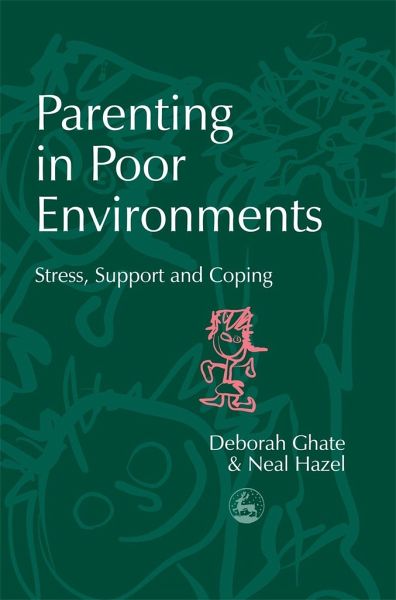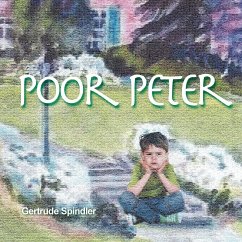
Parenting in Poor Environments
Stress, Support and Coping
Versandkostenfrei!
Versandfertig in über 4 Wochen
48,99 €
inkl. MwSt.

PAYBACK Punkte
24 °P sammeln!
With a unique focus on the effects of poverty on parenting in Britain, this book explores what professionals and policy makers can do to support families living in poverty. The authors examine community-level poverty and its relationship to family and individual problems such as low income, poor mental health and child behavioural difficulties. Using data from the first nationally representative survey of parents living in especially poor circumstances, they assess the wider help parents receive, both through formal support services and through informal networks of family and friends. Drawing ...
With a unique focus on the effects of poverty on parenting in Britain, this book explores what professionals and policy makers can do to support families living in poverty. The authors examine community-level poverty and its relationship to family and individual problems such as low income, poor mental health and child behavioural difficulties. Using data from the first nationally representative survey of parents living in especially poor circumstances, they assess the wider help parents receive, both through formal support services and through informal networks of family and friends. Drawing on a study of 1750 parents by the Policy Research Bureau for Department of Health, this book shows what service-users think of the resources available to them and how policy and practice in family support services could be improved.












